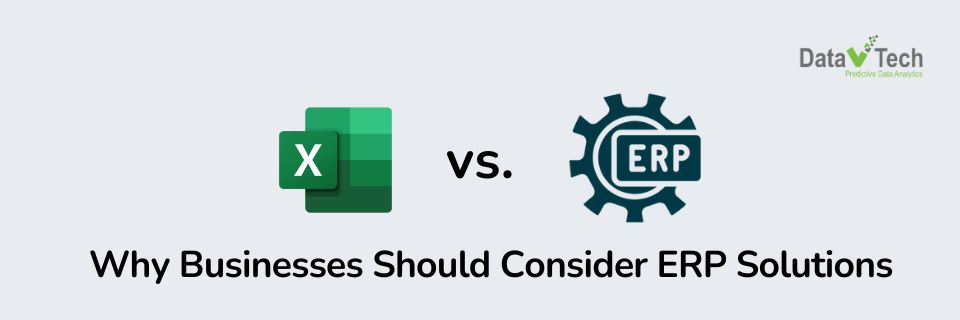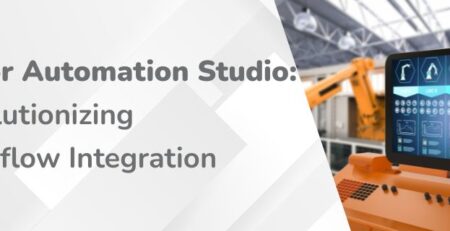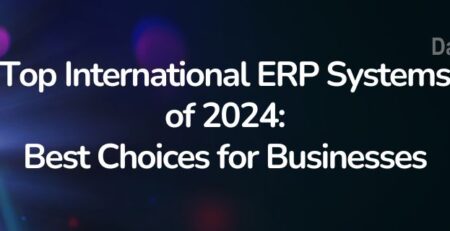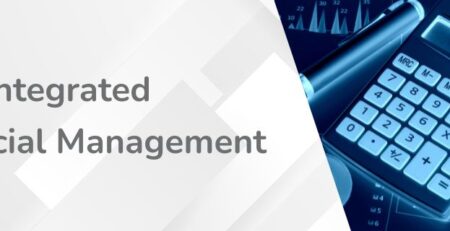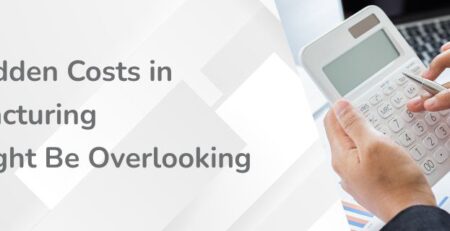When it comes to the cost of business solutions, many companies often debate between using an ERP system and Excel. Some believe that ERP is “complicated, less convenient than Excel, and expensive.” But is that the case? Let’s explore why implementing an ERP system could be the right move for your business.
The Legacy of Excel
Since the release of Excel 4.0 in 1992, it has become a go-to tool for data management, impressing countless proficient users with its capabilities. However, to claim that Excel is superior to an ERP system would be a bit premature. While Excel is powerful for handling individual tasks, it falls short in several critical areas compared to ERP systems, especially regarding data management, collaboration, security, and process integration.
Why ERP Outshines Excel
At its core, Excel is a single-user desktop application designed for personal data processing. It lacks the infrastructure needed to manage large volumes of data, support multiple users simultaneously, and ensure real-time collaboration. In contrast, ERP systems are built on robust database platforms that can accommodate an entire organization, ensuring seamless data integration across departments and secure user access.
Major global corporations such as Walmart (SAP), Toyota (Oracle), Nestlé (SAP), BMW (SAP), and Essons (Epicor Kinetic) have adopted ERP systems for a reason – it’s not just a trend. ERP offers scalability, security, and process automation that Excel cannot provide.
The Limitations of Excel in Business Operations
While Excel is a versatile tool for certain tasks, its limitations become evident as a company grows:
- Collaboration Issues: Excel cannot support multiple users editing the same data in real-time, which can lead to inconsistencies, errors, and inefficiencies. Imagine a situation where two warehouse employees need to update inventory data simultaneously. Excel would force them to work separately, causing delays and potential data conflicts.
- Lack of Audit Trails: Excel doesn’t track changes made to files, making it difficult to audit or identify data errors or unauthorized edits.
- No Process Control: Excel lacks the workflow and logic needed to manage complex business processes, such as order fulfilment or production planning.
- Skill Barriers: Not everyone in your organization may be proficient in Excel. Relying too heavily on it could create bottlenecks when employees are not able to effectively manage or process data.
Where Excel Fits into the Picture
Of course, Excel still has its place in a business environment. Many companies, including those using ERP systems, rely on Excel for certain tasks, such as bulk data import/export, additional analysis, or creating specialized reports. However, when it comes to complex business processes, ERP remains faster, more reliable, and far more efficient.
What If ERP Doesn’t Seem to Work?
If you feel that your ERP system doesn’t measure up to Excel, the issue may lie in how the system was implemented. Often, businesses struggle with ERP systems because they weren’t properly deployed or optimized for their specific needs. In these cases, it’s worth considering a restructuring and standardization of your ERP system. A more experienced consultant could help you redefine your workflows and get the most out of your ERP investment.
ERP systems are designed to handle the complexities of business operations in ways that Excel cannot. From real-time collaboration to better data security, ERP provides a level of control and scalability essential for growing businesses. If you question the value of ERP over Excel, it might be time to reassess how your system is set up and consult experts to unlock its full potential.
Is it time to rethink your reliance on Excel and consider a more robust solution? Contact Data V Tech today to explore how an ERP system could transform your business.


